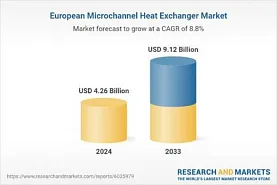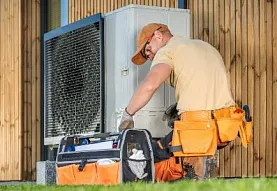The recently published In-Situ Heat Pump Performance Analysis and the Electrification of Heat Demonstration Project shed light on the operational efficiencies of heat pumps in the UK. These findings reveal substantial potential for reducing heating costs and emissions compared to traditional heating systems.
Key Findings:
- Heat Pump Efficiencies:
- Ground Source Heat Pumps (GSHPs) demonstrated an average performance of 324% (H4 boundary).
- Air Source Heat Pumps (ASHPs) achieved a mean efficiency of 265% under the same metric, with the Electrification of Heat report showing slightly higher performance at 281%.
- Under severe conditions (-5°C outdoor temperature), GSHPs maintained an efficiency of 310%, while ASHPs operated at 230%.
- Comparison with Traditional Systems:
- Average installed gas boilers operate at 82.5% efficiency, while electric boilers achieve up to 100%.
- Heat pumps significantly outperform these systems, suggesting major energy and cost savings for consumers.
- Cost Analysis:
- Using current energy cap prices (24.5p/kWh for electricity and 6.24p/kWh for gas), running a GSHP in an average UK home with a 10 MWh heat demand is 13% cheaper than using a gas boiler. ASHPs, however, are cost-neutral under current tariffs.
- Greater cost savings are achievable with time-of-use tariffs.
- Barriers and Implications:
- Delays in implementing the Future Homes Standard are leading to 15,000 new homes being fitted with gas boilers monthly, accruing £145 million in future retrofit costs.
- Space, noise concerns, and installation complexity are highlighted as ongoing challenges, particularly for older or urban homes.
The findings reinforce heat pumps' role in achieving the UK’s Net Zero targets, emphasizing the need for policy and industry alignment to overcome adoption barriers.
Sources:
- In-Situ Heat Pump Performance Analysis: Link
- Electrification of Heat Demonstration Project: Link




